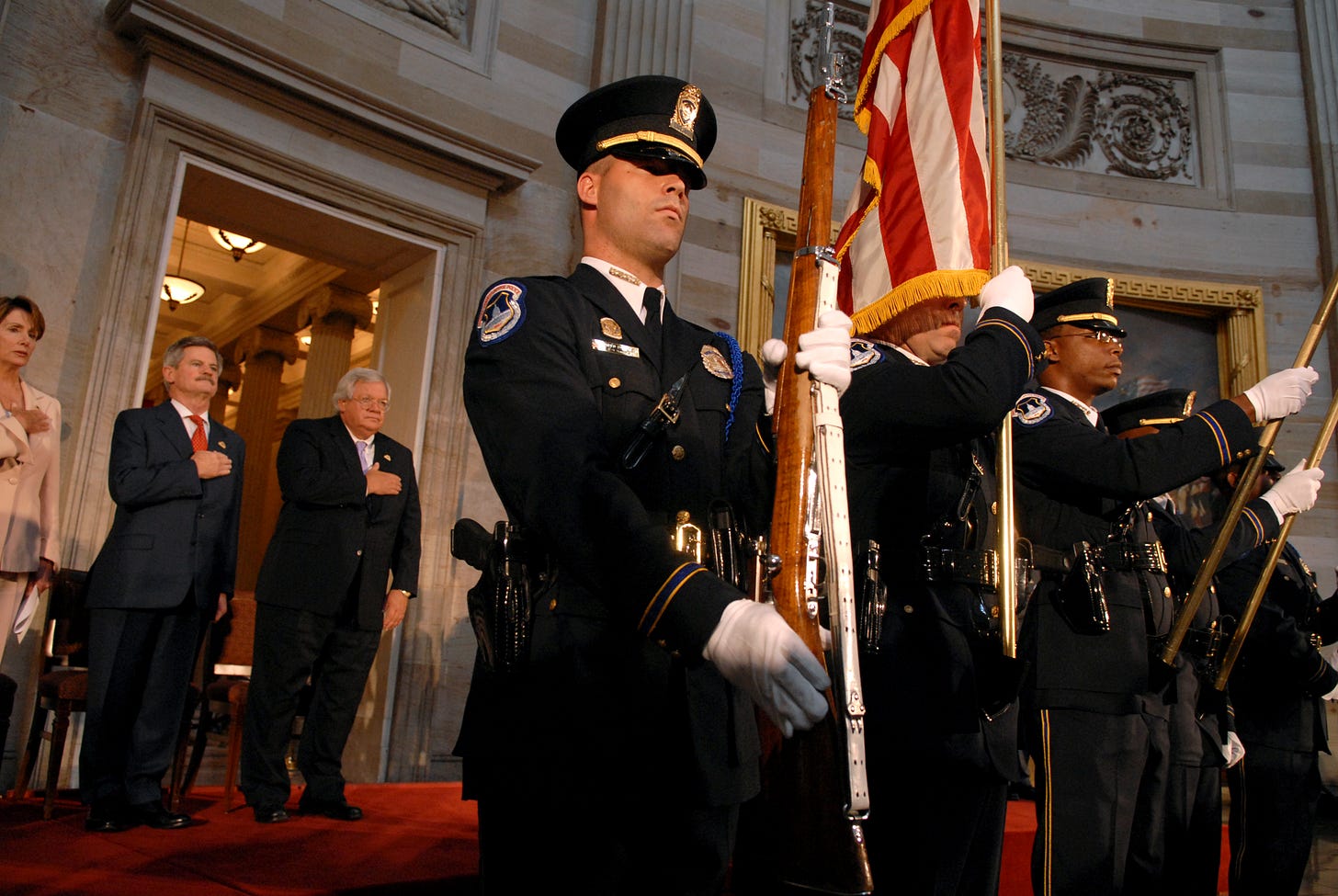
Our Veterans, Ourselves
As Netanyahu visits the U.S., contrast how America and Israel treat their vets.

WHEN I TALK TO MY FELLOW AMERICANS about the Iraq and Afghanistan wars, I get uncomfortable looks. Over hundreds of conversations, I’ve learned how to calibrate the truth about these wars. Because most of the time, most people don’t want to hear the full truth about them. They want stories of gallantry and courage, not despair and horror. In more intimate settings, like small gatherings of friends, I’ve had people ask me to change the subject. During a private dinner party in my early thirties, I told a gruesome story about the Taliban’s penchant for raping children—not exactly ‘table talk,’ I know. My date grabbed my arm and looked at me with an unmistakable message: Please stop horrifying my friends.
While traveling through Israel this month, I’ve received similar horrified looks—but not from my war stories. Nobody blinks an eye at my stories in that land where everyone serves and every adult has lived through times of terrible violence.
No, they’re horrified at my stories about America’s treatment of its veterans.
At a major Israeli university, a trio of well-credentialed professors looked aghast as I recited my repertoire of alarming statistics that make most Americans yawn. More than 15 percent of Iraq and Afghanistan veterans screen positive for post-traumatic stress disorder. Nearly 500,000 veterans suffer from traumatic brain injuries, though that’s a guess, since the Department of Defense is still mismanaging such cases. Despite the hundreds of millions of dollars spent on care, suicide rates among veterans continue to tick up.
“We could never tolerate such a thing,” the university president said. “Our entire society puts their arms around the soldiers, even when they don’t like the war.”
During an intense conversation with Israeli medical practitioners who cared for the survivors of the October 7 massacre at the Nova Music Festival, a woman nearly cried when I spoke of the carnage I saw on the streets of Baghdad in 2006. I told her of the isolation that many veterans feel in a country they no longer understand. She couldn’t believe that most Americans couldn’t find Iraq or Afghanistan on a map.
After we spoke for nearly an hour, she hugged me goodbye before pulling back and saying, “I’m so sorry your fellow countrymen are too selfish to understand.”
I’ve told my stories about Baghdad many times before; never before has anybody embraced me like that. Not once.
The most aghast responses followed my description of the lack of official accountability over the two lost wars.
“Nobody has been held accountable?” asked an incredulous tour guide in northern Israel.
“No,” I replied. “Nobody in the United States government has even admitted that we lost the Afghan war.”
“How can that be?” she responded. “Didn’t everyone see the Afghans falling from the planes?”
How can that be, indeed? For years, the lack of accountability for two lost wars has been the most common topic of conversation among my brothers and sisters in arms.
I’ve heard one refrain—“Nobody gives a shit, bro, so why would they hold anyone accountable?”—countless times over the last few years. During my month-long stay in a mental hospital last year, nearly every patient expressed dismay at their civilian counterparts’ ignorance.
“Who has had to explain to civilians that American soldiers remain in Syria and Iraq?” a therapist asked a roomful of hardened combat veterans.
Every patient raised a hand.
It’s not unusual for Americans to say they support the military and its veterans, but that support is a thin reed compared to partisan loyalties and animosities. It recedes at the mere suggestion that Biden or Trump bears some responsibility for Afghanistan. I’ve received scornful looks, despicable tweets, and self-righteous emails accusing me of being a Trumper—or, alternately, an unpatriotic lib in disguise. Others shut down entirely if you dare to suggest that someone in their tribe bears responsibility for the deaths of thousands of American soldiers in two fruitless wars.
Likewise, American commentators and columnists are quick to criticize Israeli Prime Minister Benjamin Netanyahu’s handling of the war in Gaza, yet they’re mum about what to do when an American war leads to disaster.
While Netanyahu has yet to take full accountability for his government’s failures that permitted the October 7 pogrom, senior officers in the Israeli Defense Forces and Shin Bet are beginning to resign as major combat operations in Gaza come to an end. Nearly three years after the fall of Kabul, the Biden administration has yet to fire a single military leader for the most humiliating retreat since Saigon.
The lack of accountability is particularly galling, considering how quick senior military leaders are to instill discipline in their formations. But maybe the disparity shouldn’t be a surprise considering President Biden’s cocksure attitude about Afghanistan. Why should a general officer hold himself accountable when the president refuses to admit that the United States lost the war in Afghanistan?
IT’S A STRANGE EXPERIENCE, to feel better understood—more at home, even, in a sense—in a country that isn’t your own, a country where you don’t even speak the language. I don’t have to explain myself in Israel. Everyone understands what it means to kill and the horrors it inevitably brings.
I shouldn’t feel more at home in a foreign country than in the country whose uniform I wore for twenty years. Until more Americans spend time with those fighting on their behalf, American combat veterans will continue feeling like strangers in their own country. For all the chest-thumping about America’s powerful military, most Americans know little to nothing about the pilot in the expensive fighter jet, the gunner in the tank, or the sailor in the submarine.
The United States government can spend lavishly on its veterans, but it can’t overcome the challenge of a populace so disconnected from the wars fought in their names. Until that changes, the litany of alarming statistics about veterans’ mental health will worsen—though hardly anyone will notice.
















